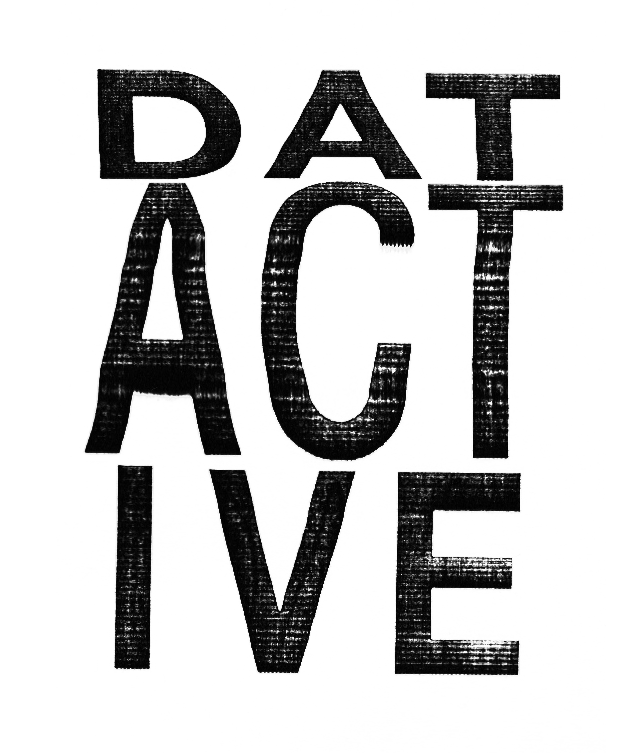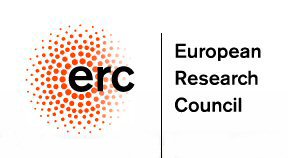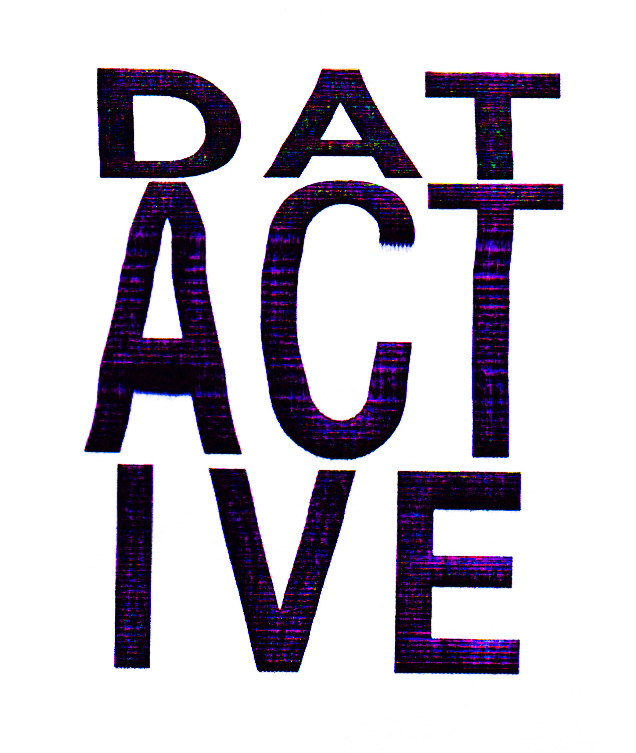the approach
The project adopts a multidisciplinary conceptual framework integrating social movement studies, science and technology studies and international relations. It analyzes organizational forms, action repertoires and the enabling role of software in data activism, and identifies emerging structures and strategies of transnational advocacy networks. Data are collected via qualitative and computational methods.
DATACTIVE, however, is also a springboard for a number of related individual projects, touching upon threat modelling as a growing practice in the design and implementation of security, data divides and civic tech communities, grassroots visions of the internet, internet infrastructure and human rights, app-enabled surveillance, data infrastructure and genealogies, and cybersecurity governance.


